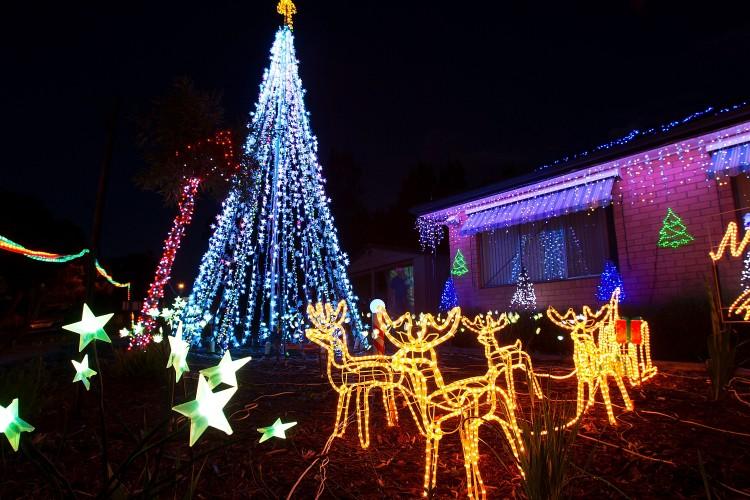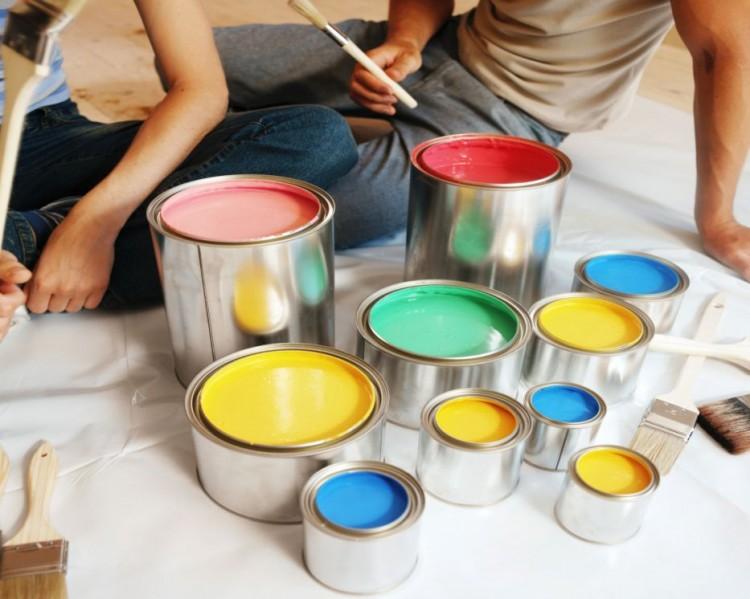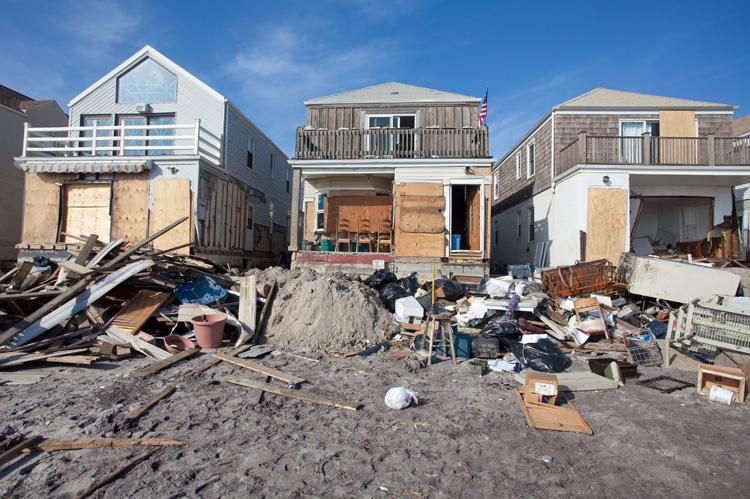If you are like most Americans, in the next few weeks you'll be filling your home with lovely holiday decorations, lighting candles, and stringing up the lights. It’s a special time of year, but with so many potential hazards lying around, make sure that cozy doesn’t turn critical, especially when the crowds of family and friends pile in for dinner.
Take the following fire safety precautions, but first things first: Make sure that there are good batteries in all of your smoke detectors and that they are functioning properly. If you haven’t tested them for a while, now is a good time. Replace any worn-out batteries and malfunctioning smoke detectors.
Candles
For over 5,000 years, candles have been one of man’s most basic necessities, illuminating the dark of night and inspiring countless minds in rituals and celebrations. Though they are no longer the necessity they once were, Americans love candles so much that we burn 5 million tons of wax candles each year. That’s $2 billion worth of candles.
For many, the holidays would not be the same without candles. Over the next two months, 35 percent of those candles will illuminate homes across America. That is a lot of open flame, so it is really no surprise that over 15,000 structure fires are started each year by candles, according to FEMA.
Since candles are used for ambiance and ritual, it can be easy to forget that they are still burning and need to be put out. Most candle fires are started because a candle is too close to combustible material. A good rule of thumb is to never burn a candle within 12 inches of combustible material. Make sure to extinguish all candles before going to bed. Always burn candles on a sturdy noncombustible surface or on a candle holder where they will not be tipped over.
Be careful lighting candles, keeping hair and loose clothing well away from the flame. Put candles out before they burn all the way down, and never use candles if oxygen is used in the home.
Decorative Electric Lights
Candles aren’t the only things that cause holiday fires; electric Christmas lights and decorations also take some of the blame. Be sure that your Christmas lights are not in contact with anything that can burn. Check the wires to make sure that there are no frayed or exposed strands.
If you are reusing last year’s lights, check if they appear worn out with kinks, broken sockets, or cracking insulation. If you see any of these, toss them out. Do not link more than three strands of lights together, as doing so could overload a circuit.
Occasionally check to make sure that there is no detectable heat in the cord where it is plugged into the outlet. If there is, it is a sign that there is too much load on the cord. Please also make sure you use outdoor lights outdoors, and indoor lights indoors, as they are designed differently to withstand the elements.
Christmas Trees
Though lovely, a natural Christmas tree can also become a potential fire hazard. There are around 60 Christmas fires every year. To avoid a tree fire in your house, your tree should be as fresh as possible. The needles should be flexible and well-fastened to the branches, and the base of the trunk should be sticky to the touch.
If you suspect that a tree is old, you can test it by giving it a little hoist. If lots of needles fall off the tree when it hits the ground, it will probably be a fire hazard. Be sure to keep water in the tree stand to prevent it from drying out. Though it has been separated from its roots, it will still move water to the needles, keeping it looking its best while lessening its potential to burn.
Keep portable heaters well away from the tree, and make sure your tree is not blocking any exit paths in your house.





